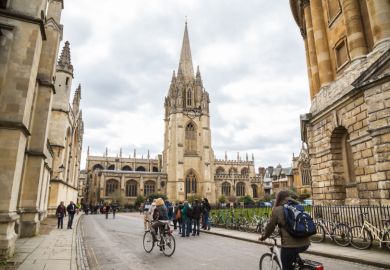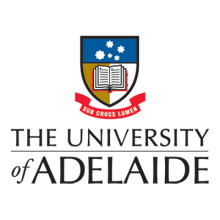
To get in to your ideal course at your ideal institution, an international student needs more than good grades (although they certainly don’t hurt). The people in charge of reviewing university applications will sift through hundreds – sometimes thousands – of personal statements, so it’s important to make yours stand out.
So how do you create a high-quality personal statement that makes you the obvious choice for your institution?
Your academic achievements should comprise about 70 per cent of your overall statement. That leaves 30 per cent to demonstrate who you are outside of the classroom. Extracurricular activities are a part of this but “supercurricular” activities – which highlight how you’ve engaged intellectually with your subject area outside school – are even better. With this in mind, here are three key areas to focus on if you want to get in to your first choice of university.
1. Extra reading
The first thing to do is show that you are interested in your chosen subject beyond what you are learning at college or school.
An excellent way to demonstrate your intellectual curiosity and your willingness to engage with the material on your particular course is to look at the reading lists published online. These will often be available on your target university’s website.
You should also make an effort to read widely discussed works in your chosen field: a would-be evolutionary biologist should aim to read On the Origin of Species; if you’re looking to study modernist literature, you should aim to read Ulysses and To the Lighthouse. Beyond this reading, look for critical perspectives (supporting, opposed, or mixed) on the relevant works to get a sense of the conversations happening in your area of study. It’s helpful to your application, and it gives you a better idea of how you could contribute to them.
Subscribing to relevant magazines and journals can also help: if you’re studying politics, for example, you should be reading the New Statesman and The Spectator alongside your history books and newspapers. Stay up to date, stay informed, and you can’t go far wrong.
Choosing your university: 5 things to do before submitting your Ucas application
11 most common opening lines in Ucas personal statements
A guide to UK tuition fees and student visas: Preparing for university as an international student
How to choose a UK university
2. Participation and collaboration
Of course, reading is only one part of the equation. Your personal statement should also suggest that you are enthusiastic and willing to participate in your chosen field, not just learn about it.
An excellent way to do that is to visit museums, exhibitions and other points of interest. If you’re looking to study modern foreign languages, you could go to the country where your chosen language is spoken; if you intend to study architecture, you should visit significant buildings and landmarks. Demonstrate your passion: don’t just tell them about it.
Another easy way to do that is to join a society or club relevant to your prospective degree: law students should join the debating team; Model United Nations is great for students looking to enrol in philosophy, politics and economics or international relations.
Equally, attending lectures is another way to stand out at the application stage. Find out if your school or college holds talks or research some in your local area.
3. Self-development
Finally, universities want to see that you’re a self-starter. Taking a massive open online course (Mooc) can highlight that you are serious about studying – and will often come with a certificate once you’ve completed it. This small time commitment can improve your personal statement.
Otherwise, consider entering competitions to prove your capability against other students. Take part in a maths olympiad or an essay competition and you’ll stand out from the rest.
For international students, it can often be challenging to complete a personal statement. Getting your English language levels to the required standard and maintaining excellent grades can be challenging enough, without considering the above extracurriculars. In addition, some international students come from cultures where challenging key ideas is uncommon, and they may be less willing to participate in debates or activities that involve public speaking.
But a higher education institution needs to see that you are committed. Look for ways to participate in your chosen subject area, to collaborate with others and to deepen your own learning and you’ll be rewarded for it.
Read more: How to apply to university: essential guide to university applications





















